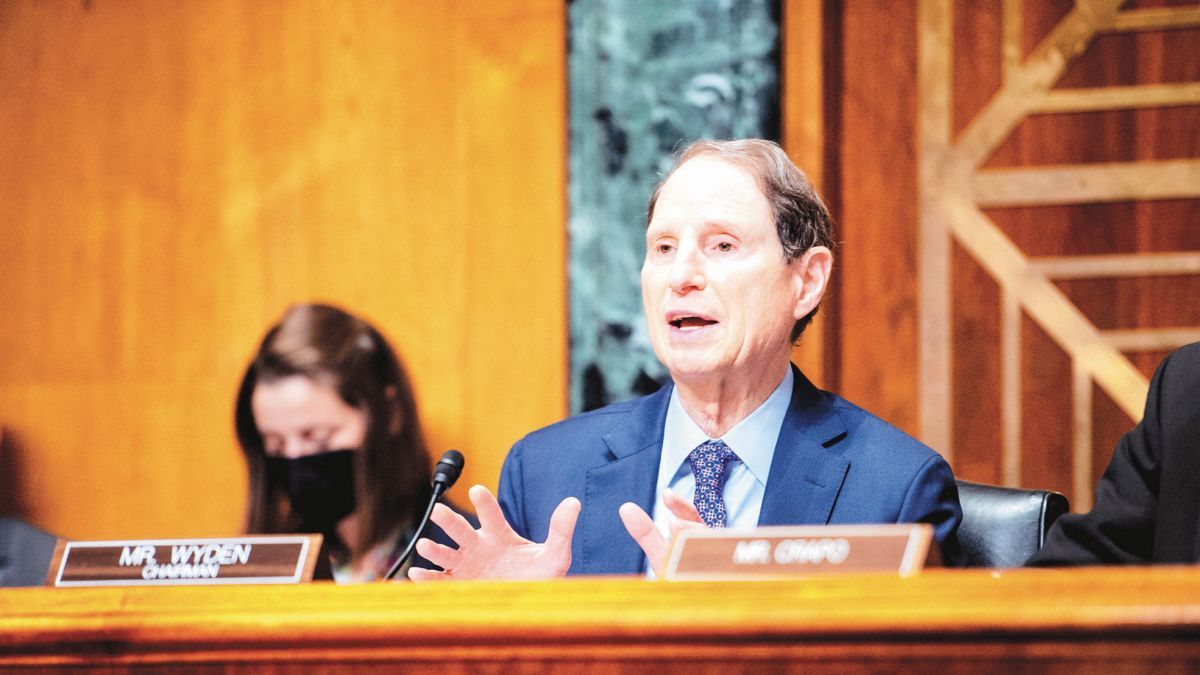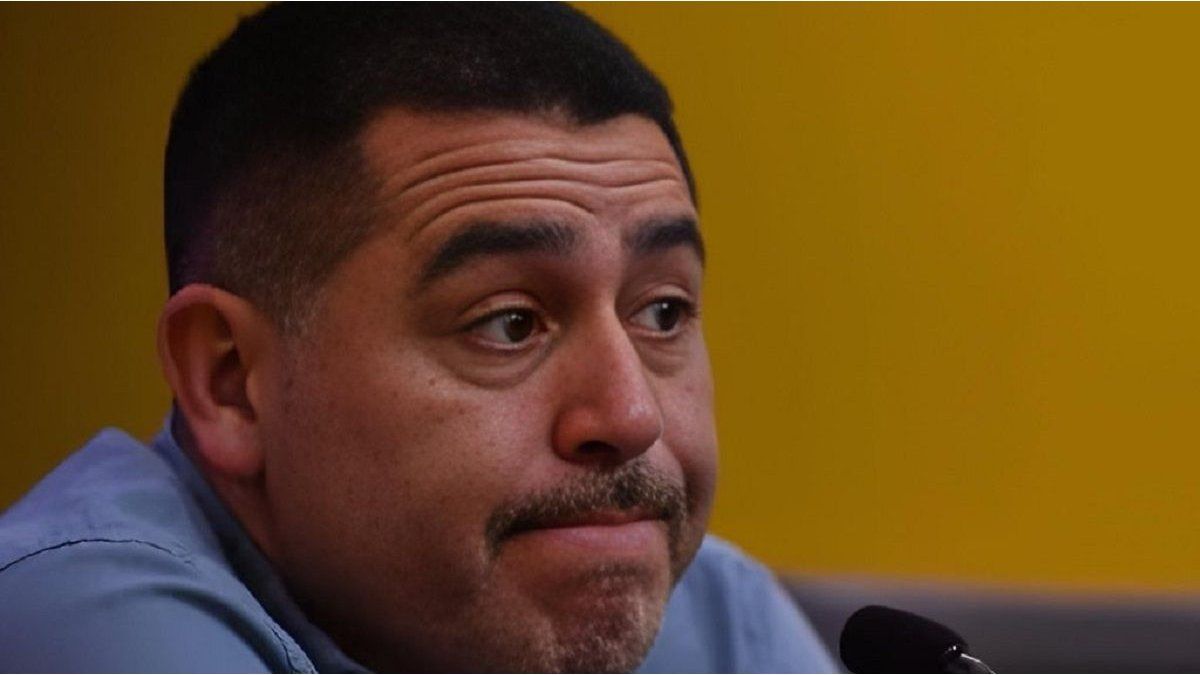Program
The initiative is part of a legislative strategy that includes the proposal for a minimum tax of 15% on the most profitable corporations in the United States, which was announced on Tuesday.
Wyden and other lawmakers, including progressive Sen. Elizabeth Warren, argue that the legislation is intended to reduce circumvention and evasion by businesses and the wealthy, which would serve to fund Biden’s “Rebuild Better” plan, which would cost $ 2 trillion. 10-year dollars and 1.2 trillion in social benefits and investments against climate change, respectively.
For the head of the House of Representatives, Democrat Nancy Pelosi, the tax would contribute to the treasury at least some 200,000 million dollars in 10 years; less than the $ 3 to $ 3.2 trillion Biden plans to spend.
The White House backs the minimum corporate tax, which would dovetail with a recent 136-country global agreement, targeting companies that pay little or no taxes because they circumvent the international tax system. However, the billionaire tax faces possible opposition from some Democrats in the House of Representatives, who prefer outright tax rate hikes for businesses and the wealthy as a way to fund Biden’s agenda.
However, the official expectation is that the ruling party will end up aligning itself after the decision of the head of state to drastically reduce the amount of its investment plans.
Such party discipline would be critical given that Republicans will not cast their votes.
Elon Musk, Tesla’s chief executive, criticized the plan on Twitter. “At some point they run out of other people’s money and then they come for yours,” said Musk, whose fortune earlier this week was valued at about $ 230 billion, according to Refinitiv.
But not all billionaires oppose the plan. George Soros, the liberal investor and activist, supports it, his spokesman said.
The billionaires tax, which would take effect for fiscal year 2022, would impose a tax rate of 23.8% for long-term capital gains on marketable assets, such as stocks, that increase in value over the course of the year. year, whether they have been sold or not. It would also allow taxpayers to deduct losses in value of assets.
Details
The tax would also impose levies on the interests of billionaires in companies incorporated as pass-through entities and in trusts, including real estate investment.
The idea of taxing latent capital gains, that is, earnings stored in large portfolios of stocks, arose out of resistance to raising taxes directly in a country that worships individual success.
Today, moguls like Musk or Jeff Bezos, founder of Amazon, do not pay taxes on those dormant profits on the pretext that they do not exist until they are actually collected.
Amid the controversy, Treasury Secretary Janet Yellen said “I wouldn’t call that a tax on the rich.” “But that would make it easier to obtain capital gains, which represent an extremely important part of the income of the richest people and are not currently taxed,” he admitted.
The universe of just 700 contributors “would be somewhat modest, but what an incredible turning point!” in American history, tweeted Gabriel Zucman, a professor at the University of Berkeley.
Steve Wamhoff, director of the Institute for Fiscal and Economic Policy, said the levy “would create a huge gap in our tax code.”
He stressed that the current code “makes sense” for the middle class, whose properties tend to increase over the years. “Nobody expects to pay taxes on the appreciation of the value of that asset before selling the property,” he said, “but the situation is very different for billionaires who may choose to put most of their capital gains to sleep in order not to pay taxes. ”.
David William is a talented author who has made a name for himself in the world of writing. He is a professional author who writes on a wide range of topics, from general interest to opinion news. David is currently working as a writer at 24 hours worlds where he brings his unique perspective and in-depth research to his articles, making them both informative and engaging.




